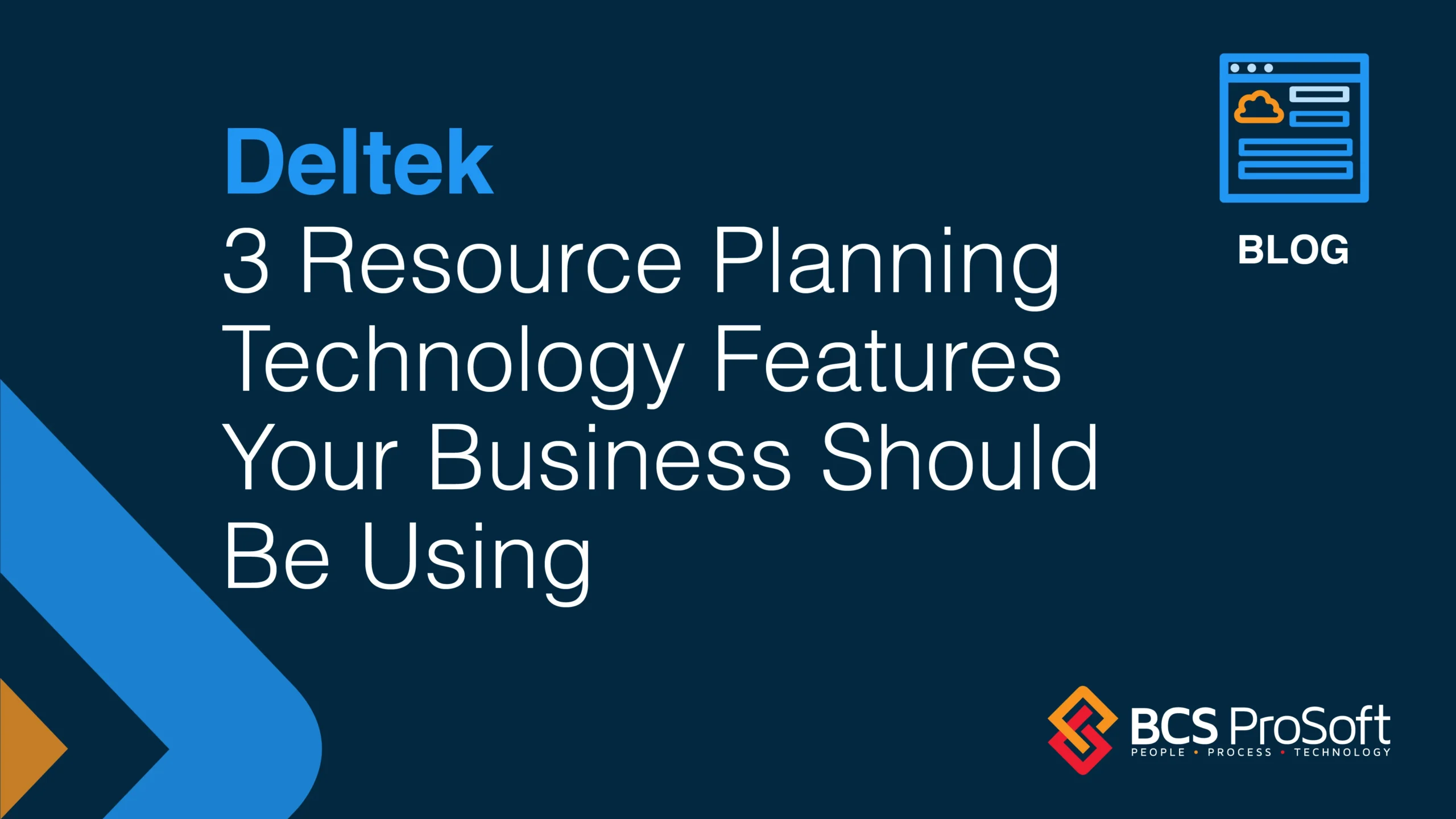If you have one customer then it’s easy to know a lot about them. They have your sole focus and you don’t need Customer Relationship Management software to handle their business. But, it’s pretty unlikely you’ve put all your eggs in one basket and you have a lot of customers spread out geographically, with different wants and needs. That means you will need a CRM. The two main goals to CRM are 1) keeping your customers happy and 2) making it easier for you to keep your customers happy. When customers are satisfied they are willing to buy more products from you or, at least, they won’t leave you. Happy customers also tell their friends about your product when asked for recommendations.
Keeping customers happy takes more than a smile, it takes a personalized approach. Companies need to understand customer likes and dislikes and their potential issues about the product. This requires a lot of data digging and time to deal with each customer. If you rush or generalize your customer things may backfire. A Gallup study showed that many customers only share their positive experience with a product when the service is perceived as “thorough and friendly.” Treating customers in a hurry can kill a sale, the study suggested.
Busy companies turn to CRM software so they can nurture customer relationships with more attention, while they run the other aspects of the business. Equally important, CRM software can help them surface insights for better management decisions because, when customer data is organized in a meaningful way, companies understand their customer buying behavior deeper, and essentially, their market better. The best thing about CRM is if you’re already using ERP from Sage or Deltek, a CRM can be integrated into your existing software. Contact BCS ProSoft to learn more.
Not all CRMs are created equal, but here are some benefits your business will see from using a CRM.
Contact management. Record all customer data. This includes their contact details, past transactions, calls, emails, etc. The software can aggregate all this information and show companies some patterns and trends for insights.
Lead management. Companies need to engage prospects properly to convince them to make the purchase. Lead management helps marketers trace all communication efforts and related activities with prospects to see how the leads are progressing. The goal of lead management is to win the deal at the end. The CRM will allow you to track the lead process and understand where each lead is in the pipeline.
Campaign management. This is where companies run email marketing or advertising campaigns. It is connected to the contact management module to target the right recipients of the campaign. It also links to the lead management module, where new leads generated by the campaign are entered. More importantly, this module can help rate the success of a campaign. You can set goals and track analytics to see how you did and where you can improve.
Social media management – Links to social media networks together to manage social pages from a single dashboard. Instead of opening separate pages to check for posts, the module notifies the manager of the latest posts from the company’s different accounts. You can also schedule posts in advance to never miss important dates.
Automation – This automates predictable marketing tasks of the company. Such modules include administrative processes like entering information in the customer database or scheduling email blasts. Companies can set the software to run specific tasks so they’re free to do other important things. Likewise, automation can speed up the delivery of services. For example, a campaign that promises to send a free e-book can be automated once the parameters are met. Automation can also speed up customer service, especially in resolving FAQs.
Reporting and dashboards – This module generates reports based on data gathered in the other modules. Reports give companies insights on market trends or customer buying behavior and a summary of how the business is performing. On the other hand, dashboards let managers get an overview of reports without having to dig into files.
If you’re ready to add CRM or just need more information, contact BCS ProSoft today!






